- Guarantee entry online
- Reschedule your tickets for free
- Under 2's go free
Dive in and discover our interactive themed zones
Along the way, you'll encounter some of the world's most incredible animals, including huge sharks, snappy crocodiles, mysterious stingrays, playful penguins, seahorses, thousands of tropical fish and much, much more.
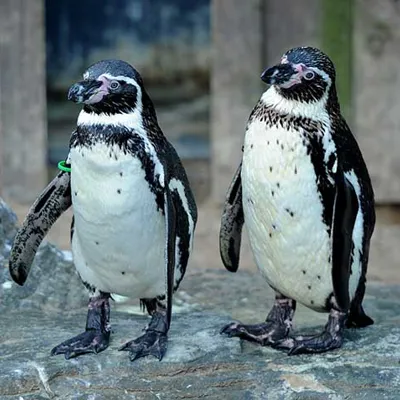
Penguins
Meet and interact with our playful Humboldt Penguins as they swim and socialise together!
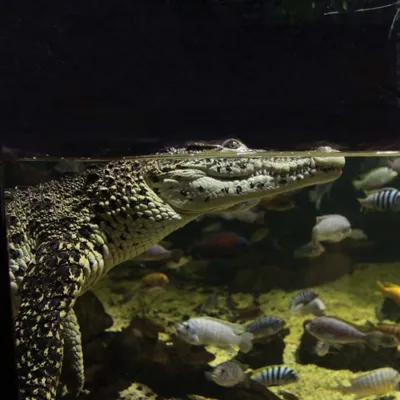
Crocodile Enclosure
Come face to face with Ntombi and Masozi, our African dwarf crocodiles, these sleek and sinister sisters can grow up to 5ft long!
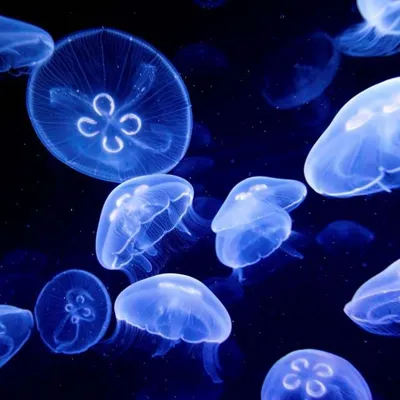
Jelly Invaders
Jelly Invaders takes you on a journey into the fascinating world of jellyfish. Get up close to ‘Moon Jellyfish’ and follow the jellyfish life cycle!
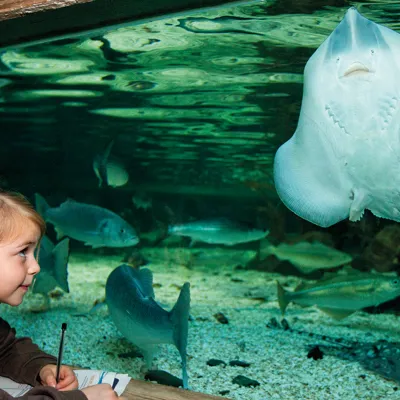
Under the Ray-dar!
Step into our research submarine and come face to face with our native RAYS!
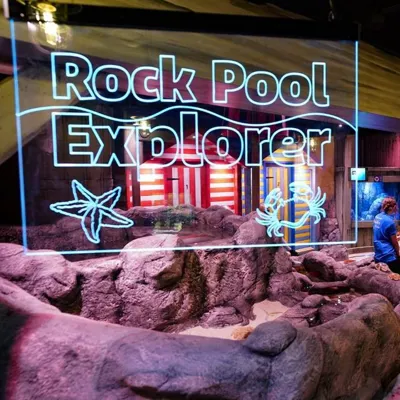
Rock Pool Explorer
Discover the incredible creatures that have adapted to live in the shallow pools of our coasts.
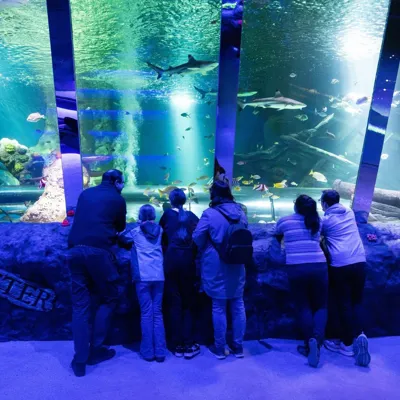
Tropical Ocean Display
Come face-to-fin in our jaw-dropping Ocean Tank and Tunnel. Prepare to be amazed as you watch our largest inhabitants roam around the HSM Gloucester shipwreck themed display. And wander through our Ocean Tunnel to see them swim right above you!
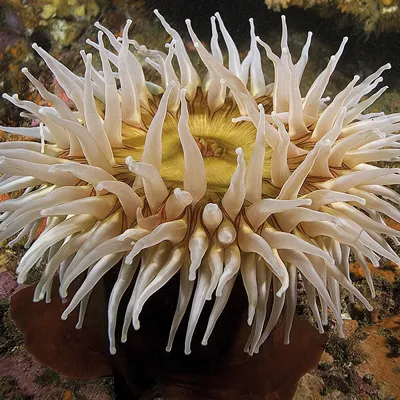
Pirate Reef
Discover all about the oceans different coral reef in our amazing display!
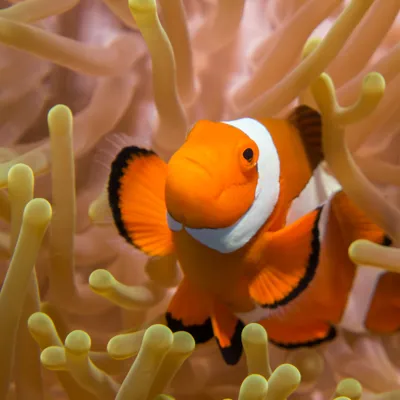
Breed, Rescue, Protect.
Conservation is at the heart of what we do at SEA LIFE Great Yarmouth. There are plenty of opportunities to learn about the threats facing marine life and what you can do to help as you explore with us.
In this area, you will find out more about what SEA LIFE and the SEA LIFE Trust are doing to help threatened marine life and perhaps help us out yourself by signing one of our petitions or picking up a free sustainable seafood guide.
Around 75% (that's three quarters) of the world’s coral reefs are threatened by human activity.